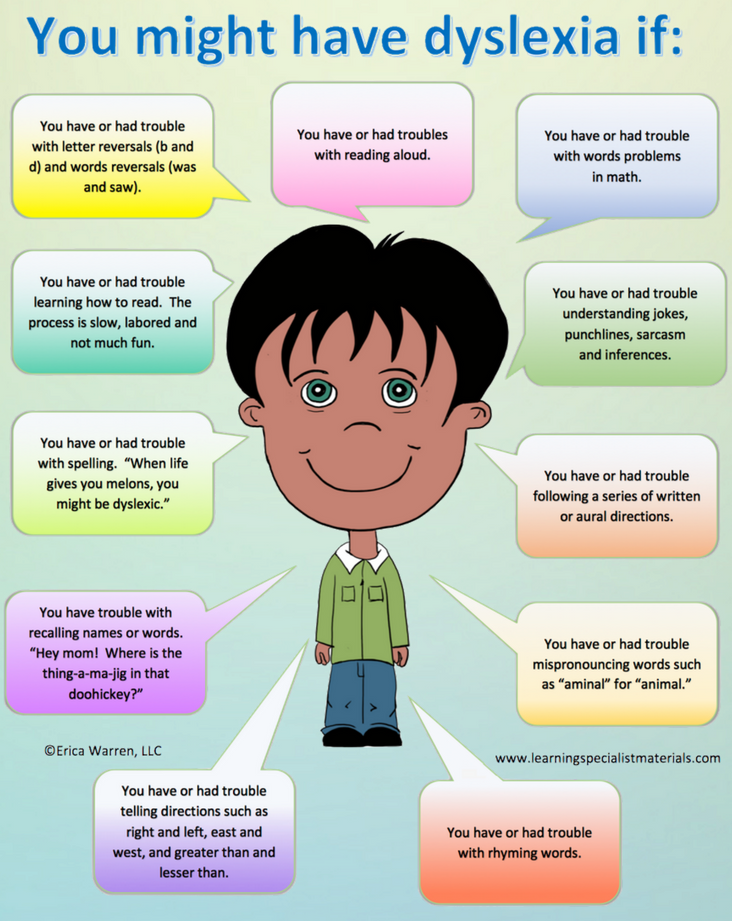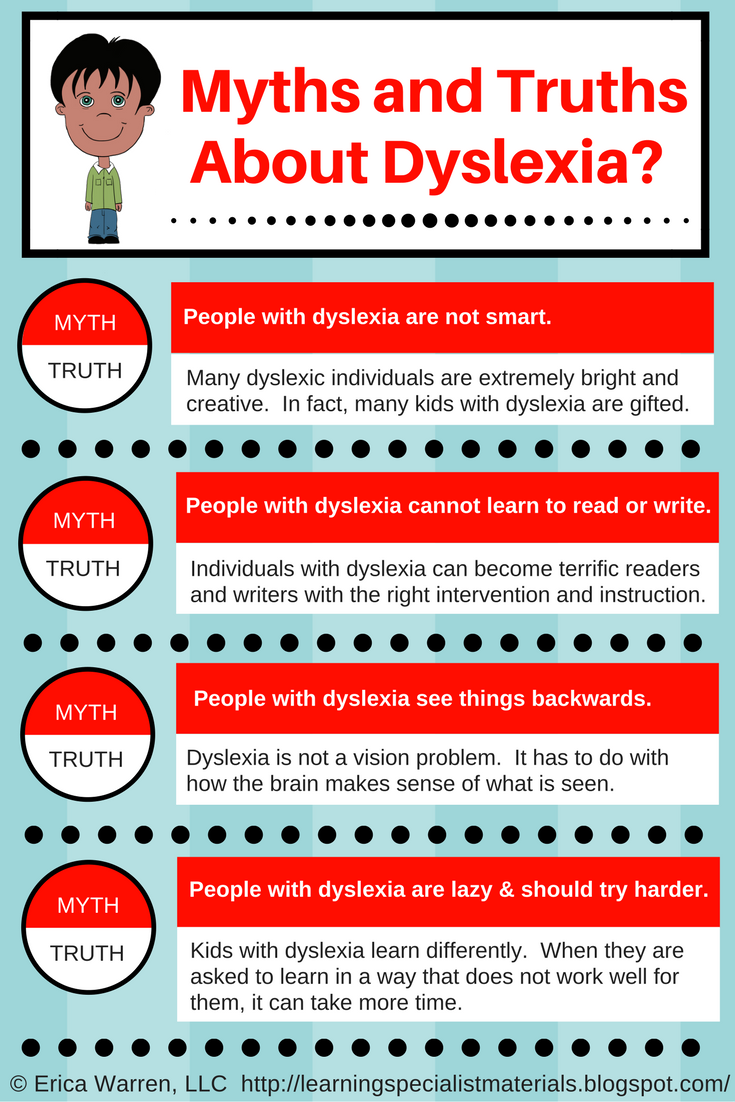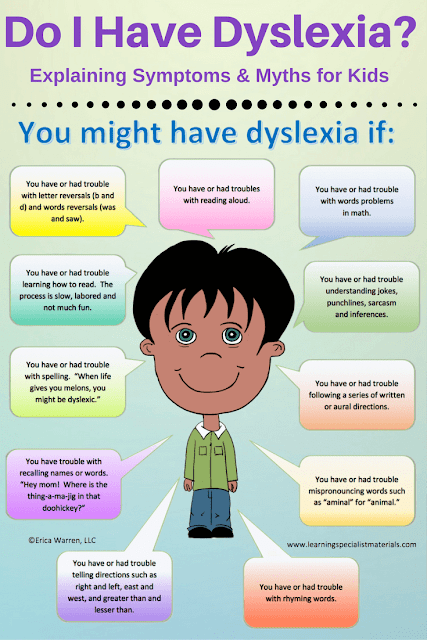This week I wanted to tell you about my online store, Good Sensory Learning. I’m Dr. Erica Warren, and I established this site so I could share all the materials that I have created over the last 20+ years as a learning specialist and educational therapist. When I first began my private practice, Learning to Learn, I had great difficulty finding fun and multisensory materials for my students that were effective and engaging. So back in 2005, I made it my mission to design and distribute high-end, remedial products as well as memorable, motivating lessons that bring delight to learning. If you would like to try a free sampling of my activities , CLICK HERE . How Are the Products Organized at Good Sensory Learning? You can download my Free Printable Catalog or you can browse the site using the grey “search all products” bar in the top right of any page with keywords such as dyslexia, working memory, and executive functioning. What’s more, drop down menus in the red banner allow you t...
What do you do when you learn that your child has dyslexia? Should you hide this diagnosis to protect them from labels and misunderstandings, or should you tell them? If you do decide to tell them, how do you do this? Can you help them to overcome any potential fears or misunderstandings? These are the questions that I will answer in this blog that includes kid-friendly graphics.
What are the Benefits of Telling Your Child That He or She Has Dyslexia?Educating your child with dyslexia about the common signs and misconceptions can help them to:
- understand that they learn in a different way than other kids that don’t have dyslexia.
- shed negative labels such as stupid, careless, unmotivated and lazy.
- correct any misunderstandings.
- identify with other successful people that have or had dyslexia.
- acquire the needed intervention and instruction in school.
- learn that many people with dyslexia have strengths that others do not have. Individuals with dyslexia are often:
- great at communicating their ideas aloud.
- creative, critical thinkers.
- good at seeing the big picture.
- excellent at solving puzzles and building things.

Help your Child Understand Dyslexia by Reviewing the Eleven Common Signs
Show your child the image below and read the list out loud. Ask them to identify which symptoms describe their difficulties.
 What are Four Myths and Truths about Dyslexia:
What are Four Myths and Truths about Dyslexia:
Show your child the graphic below and read the list of myths and truths out loud. Ask them to respond to each of the myths - "Have you ever felt this way?" Then read the truth and address any questions.
Myth #1: People with dyslexia are not smart.
Truth #1: Many dyslexic individuals are extremely bright and creative. In fact, many kids with dyslexia are gifted. Watch a video on famous people with dyslexia: Click Here
Myth #2: People with dyslexia cannot learn to read or write.
Truth #2: With the right intervention and instruction people with dyslexia can become excellent readers and writers.
Myth #3: People with dyslexia see things backwards.
Truth #3: Dyslexia is not a vision problem. It has to do with how the brain make sense of what is seen.
Myth #4: People with dyslexia are lazy and should try harder.
Truth #4: Kids with dyslexia learn differently. When they are asked to learn in a way that does not work well for them, it can take more time.

Finding Multisensory Remedial Tools for Kids with Dyslexia:
If you are looking for fun, creative and multisensory remedial materials, lessons and games created for learners with dyslexia, CLICK HERE.
If you would like a free copy of these images CLICK HERE.
Show your child the image below and read the list out loud. Ask them to identify which symptoms describe their difficulties.
- You have or had trouble with letter reversals (b and d) and words reversals (was and saw).
- You have or had troubles with reading aloud.
- You have or had trouble with words problems in math.
- You have or had trouble understanding jokes, punchlines, sarcasm and inferences.
- You have or had trouble following a series of written or aural directions.
- You have or had trouble mispronouncing words.
- You have or had trouble rhyming words.
- You have or had trouble telling directions.
- You have or had trouble recalling names or words.
- You have or had trouble with spelling
- You have or had trouble learning how to read.

Show your child the graphic below and read the list of myths and truths out loud. Ask them to respond to each of the myths - "Have you ever felt this way?" Then read the truth and address any questions.
Myth #1: People with dyslexia are not smart.
Truth #1: Many dyslexic individuals are extremely bright and creative. In fact, many kids with dyslexia are gifted. Watch a video on famous people with dyslexia: Click Here
Myth #2: People with dyslexia cannot learn to read or write.
Truth #2: With the right intervention and instruction people with dyslexia can become excellent readers and writers.
Myth #3: People with dyslexia see things backwards.
Truth #3: Dyslexia is not a vision problem. It has to do with how the brain make sense of what is seen.
Myth #4: People with dyslexia are lazy and should try harder.
Truth #4: Kids with dyslexia learn differently. When they are asked to learn in a way that does not work well for them, it can take more time.
Finding Multisensory Remedial Tools for Kids with Dyslexia:
If you are looking for fun, creative and multisensory remedial materials, lessons and games created for learners with dyslexia, CLICK HERE.
If you would like a free copy of these images CLICK HERE.
Cheers, Dr. Erica Warren
Dr. Erica Warren is the author, illustrator, and publisher of multisensory educational materials at Good Sensory Learning and Dyslexia Materials. She is also the director of Learning to Learn and Learning Specialist Courses.
· Blog: https://learningspecialistmaterials.blogspot.com/
· YouTube Channel: https://www.youtube.com/user/warrenerica1
· Podcast: https://godyslexia.com/
· Store: http://www.Goodsensorylearning.com/ & www.dyslexiamaterials.com
· Courses: http://www.learningspecialistcourses.com/
· Newsletter Sign-up: https://app.convertkit.com/landing_pages/69400
· Blog: https://learningspecialistmaterials.blogspot.com/
· YouTube Channel: https://www.youtube.com/user/warrenerica1
· Podcast: https://godyslexia.com/
· Store: http://www.Goodsensorylearning.com/ & www.dyslexiamaterials.com
· Courses: http://www.learningspecialistcourses.com/
· Newsletter Sign-up: https://app.convertkit.com/landing_pages/69400


Comments
Post a Comment